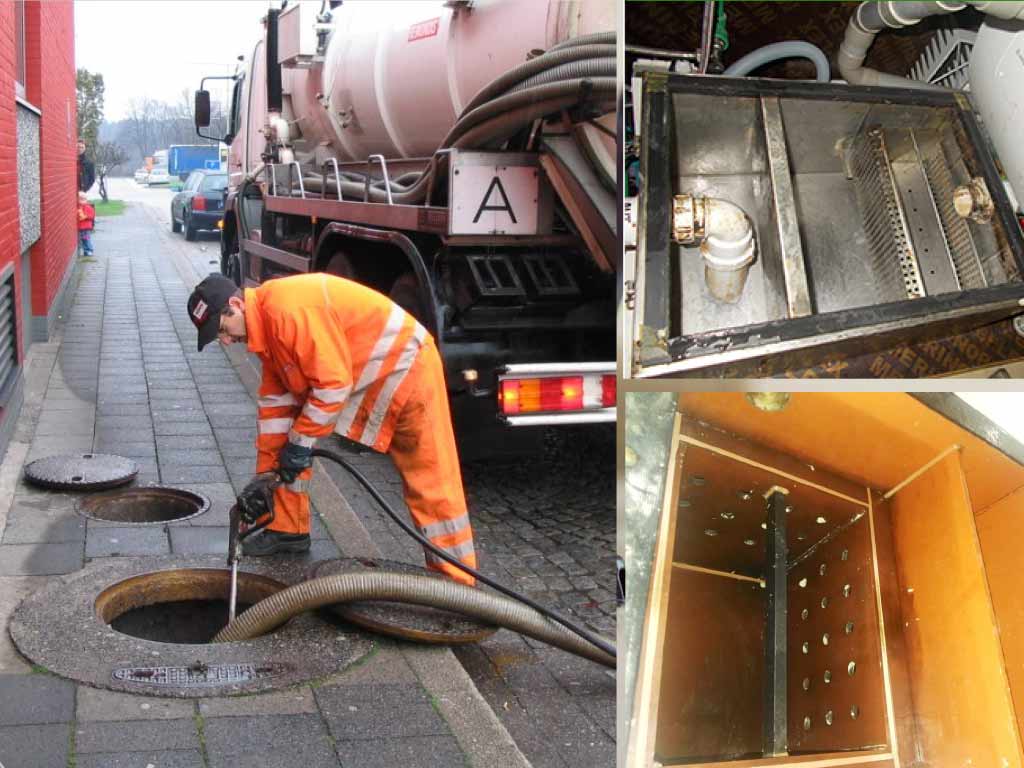
Why Need Grease Trap Cleaning in Sydney
he first step in grease trap cleaning Sydney is to determine whether or not your grease trap needs to be cleaned. There are several types of grease traps, including above-ground, below-ground, and concrete or fibreglass models. If you do not have a grease trap, you can hire a professional company to install one for you. They will assess the size and location of the grease trap, provide materials, and connect it to the source of wastewater and the sewage system. They will also clean and backfill the area. Once complete, the company will arrange for a plumbing and drainage inspection, provide a sewer service diagram, and issue a certificate of compliance.
Once completed, grease trap cleaning Sydney services will pump out all of the trapped grease and sludge. They will also scrape down the pit walls to remove debris. Finally, they will remove any residue material and dispose of it according to regulatory standards. Once completed, these services will provide you with reports that will show how much grease and other greasy waste was collected.
Grease trap cleaning Sydney services should be performed as often as possible. Ideally, grease traps should be cleaned every six to 12 months, but some companies may require more frequent service.
Waste Clear is a leading provider of commercial, retail and hospitality waste services. Today, they are one of the leading niche operators in the industry. They specialize in the collection, transport, and recycling of waste from all types of businesses.
When selecting a Sydney waste management company, consider the needs of your business. Does it need bookkeeping or accounting services? Is there room for growth? If you have a plan to expand, you can choose flexible services that will meet your needs now and in the future. Beware of long-term contracts that lock you into an agreement that no longer fits your business.
Recycling plays a major role in Sydney waste management. Many big companies help with this process. However, there are still times when waste cannot be recycled, and in these cases, it will be sent to a landfill. Until recently, councils owned local tip facilities, but since landfill land is becoming more expensive, this is no longer the case. As a result, only three major landfills operate in Sydney.